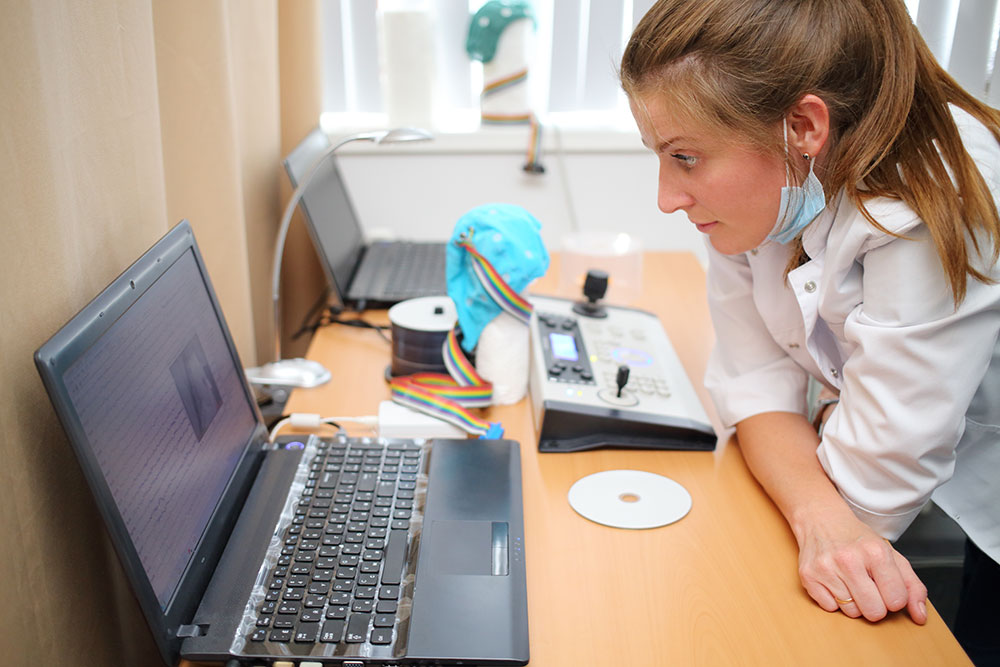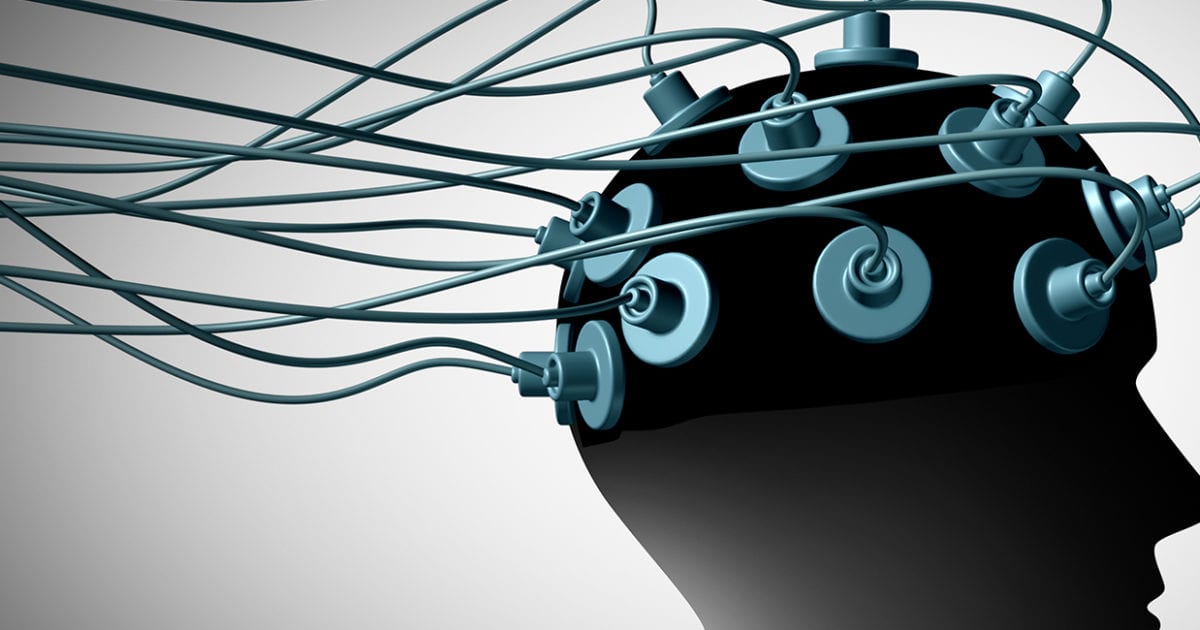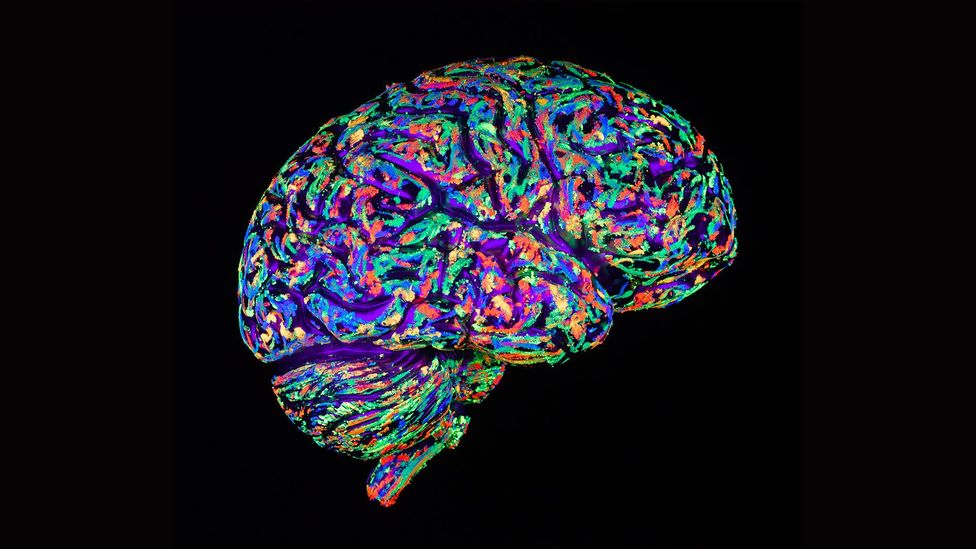My fascination with the human mind has led me to explore a unique practice known as Neurocoaching. This science-based method also referred to as neuro-based coaching or brain-based coaching, merges insights from various scientific and behavioral disciplines.
It’s akin to coaching your mind to think beyond the conventional, a journey that I am thrilled to share with you.
Cognitive Behavioral Therapy (CBT) is another evidence-based approach that helps individuals reshape their thought patterns and develop healthier coping strategies for anxiety. By combining elements of CBT with neuroscience, Neurocoaching offers a structured way to rewire the brain and enhance mental resilience.
Understanding Neurocoaching

Neurocoaching is an amalgamation of social and cognitive neuroscience, positive psychology, and cognitive behavioral therapy. It’s not your typical coaching method. Instead, it’s a science-backed approach that aims to modify the brain’s neuronal connections.
Its essence lies in creating and activating resources that pave new ways to think, feel, and act. It’s about harnessing the power of the brain to unlock potential and drive change.
This approach is rooted in the understanding that our brains are not static, but dynamic. They can change and adapt, a concept known as neuroplasticity. Neurocoaching leverages this to help individuals and organizations reach their full potential.
Neuroplasticity: A Solid Foundation
Neuroplasticity, or brain plasticity, refers to the brain’s ability to reorganize itself by forming new neural connections throughout life. It allows the neurons (nerve cells) in the brain to compensate for injury and disease and adjust their activities in response to new situations or changes in their environment.
A neurocoach leverages neuroplasticity by helping individuals create new neural pathways through focused attention, deliberate practice, and quality repetition. This process can lead to significant changes in the way an individual thinks, behaves, and feels, thereby unlocking their potential and facilitating personal and professional growth.
The Science

The science underpinning Neurocoaching is as fascinating as it is complex. It draws from various disciplines, each contributing to a holistic understanding of the human mind and behavior.
Social and cognitive neuroscience provide insights into how our brains process social information and how cognitive processes like attention, memory, and decision-making work. Positive psychology focuses on the strengths that enable individuals and communities to thrive. It’s about:
- Fostering Positive Emotions
- Promoting Engagement
- Building Relationships
- Finding Meaning
- Achieving Accomplishments
Cognitive behavioral therapy is a type of psychotherapy that helps people understand the thoughts and feelings that influence behaviors. It’s often used to treat a wide range of conditions, including phobias, addiction, depression, and anxiety.
The Process of Neurocoaching
The process of Neurocoaching is about more than just understanding the science. It’s about applying this knowledge in a practical, impactful way:
The first step is to change the brain’s neuronal connections. This is achieved through various techniques, such as mindfulness exercises, cognitive reframing, and guided visualization.
- Mindfulness Exercises: Involve focused breathing exercises or meditation practices that help individuals stay present and aware.
- Cognitive Reframing: Involves identifying and challenging negative thought patterns and replacing them with positive ones.
- Guided Visualization: A technique where individuals are guided to visualize a certain goal or situation to increase their focus and motivation.
The next step is to create and activate resources. This could be anything from developing new skills to tapping into existing strengths or finding new ways to approach challenges.
Benefits of Neurocoaching
The benefits are as diverse as the individuals and organizations that use it.
It can help individuals think more creatively, solve problems more effectively, and manage stress more efficiently. For organizations, it can enhance team collaboration, boost employee engagement, and drive innovation.
Who Can Benefit from Neurocoaching?

Neurocoaching isn’t just for a select few. It’s for anyone who wants to unlock their potential and drive meaningful change.
Individuals can use it to enhance their:
- Personal Growth
- Improve their Mental Health
- Increase their Productivity.
It’s particularly beneficial for those dealing with stress, anxiety, or other mental health issues. By learning to harness the power of their brain, individuals can transform their lives in profound ways.
Organizations, on the other hand, can use it to foster a more positive and productive work environment. It can help teams:
- Work more Effectively Together
- Boost Employee Morale
- Increase Overall Productivity.
By understanding and leveraging the power of the brain, organizations can drive innovation and achieve their goals more efficiently.
A Case Study
To illustrate the practical application and effectiveness of Neurocoaching, let’s consider a case study involving an interdisciplinary palliative care team. The team participated in a 10-week “on the job” mindfulness and compassion-oriented meditation training designed to reduce distress, foster resilience, and strengthen prosocial motivation in the clinical encounter.
The training involved various techniques, including mindfulness exercises, Metta meditation, and Tong-len meditation. These practices were integrated into the team’s daily work routines, to enhance self-care, reduce rumination and distress generated in patient contact, and improve interpersonal connection skills.
The results of the training were significant. Improvements were found in two of three burnout components (emotional exhaustion and personal accomplishment), anxiety, stress, two emotional regulation competencies, and joy at work. Furthermore, 85% of the individual goals were attained.
Compliance and acceptance rates were high, and qualitative data revealed a perceived enhancement of self-care, the integration of mindful pauses in work routines, a reduction in rum
Conclusion

My journey into Neurocoaching has been a transformative one. It’s opened my eyes to the power of the human brain and the potential that lies within each of us.
As we look to the future, I believe the practice will play an increasingly important role in helping individuals and organizations navigate the complexities of the modern world.
The case study mentioned above is just one example of how Neurocoaching can bring about significant positive changes in both personal and professional settings.
Call to Action
Are you ready to unlock your potential?
I encourage you to explore Neurocoaching. Whether you’re an individual looking to make a change or an organization seeking to drive growth, it could be the key to your success.
I invite you to share your thoughts and experiences as we delve deeper into this fascinating field. Together, we can harness the power of the brain to create a better future for all of us.
FAQ
What is the difference between Neurocoaching and traditional coaching methods?
Traditional coaching methods often focus on goal setting, motivation, and behavioral changes.
Neurocoaching, on the other hand, incorporates insights from neuroscience, positive psychology, and cognitive behavioral therapy. It focuses on changing the brain’s neuronal connections to bring about lasting change.
How long does it take to see results?

The time it takes to see results can vary depending on the individual and their specific goals.
Some people may notice changes in their thinking and behavior patterns within a few weeks, while others may take several months to see significant changes.
Can Neurocoaching help with mental health issues?
Yes, it can be beneficial for individuals dealing with mental health issues such as stress, anxiety, and depression.
It can help individuals understand and change the thought patterns that contribute to these issues. However, it’s important to note that Neurocoaching is not a substitute for professional medical advice or treatment.
Can Neurocoaching be done online?
Indeed. Many coaches offer virtual sessions, which can be a convenient option for individuals who are unable to attend in-person sessions.
What qualifications should a Neurocoach have?
A solid understanding of neuroscience, positive psychology, and cognitive behavioral therapy. They should also have undergone specific training in Neurocoaching.
It’s important to choose a neurocoach who has the necessary qualifications and experience to ensure you receive the best possible guidance and support.
How does Neurocoaching promote personal growth?

By helping individuals change their brain’s neuronal connections. This can lead to changes in thinking and behavior patterns, which can ultimately lead to personal growth and development.
It can help individuals become more self-aware, improve their emotional intelligence, and develop new skills and abilities.
Can Neurocoaching improve performance at work?
Absolutely! It can help individuals think more creatively, solve problems more effectively, and manage stress more efficiently.
For organizations, it can enhance team collaboration, boost employee engagement, and drive innovation.







